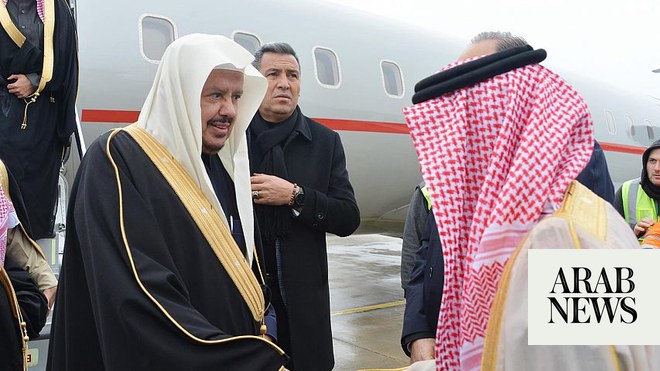Latest developments on the Greater Middle East Initiative
Developments in Iraq will have great influence on the future of the Greater Middle East Initiative. Transfer of sovereignty to Iraqis is very important from this perspective. Everybody, including those countries that objected to the United States invasion of Iraq, should help in this process. If the U.S. is forced to pull out of Iraq that has plunged in to civil war, it won’t be only the Greater Middle East Initiative that will suffer. The instability that will result will affect the entire region, maybe even areas beyond it.
Sunni resistance centered around Fallujah may be just a precursor to a war by those who aim at controlling the country, if such an eventuality comes to pass. Forces under al Sadr’s command resisting U.S. occupation without consulting larger Shiite groups may hint at a future division of the Shiite community in Iraq. While one thing that is uniting these Shiite and Sunni rebels may be their wish to put an end to the U.S. occupation of Iraq through peaceful means, another matter that unites them is their common hatred for Kurds, who they accuse of cooperating with occupation forces and targeting them with snipers. It is not hard to imagine these groups starting an armed resistance against any Kurdish move towards independence.
The likelihood of the U.S. having stabilized the country as it transfers sovereignty on July 1 seems very low under these conditions. Actually, this is not that important, because the U.S. army will continue to remain in the country. Moreover, the members of this provisional government will continue to be chosen by Americans. The U.S. will have the right to veto any laws that the new Iraqi government will pass. The objective is to hold elections in January, 2005 and to assure the formation of a representative government, even if it may be a religious one. This policy is too optimistic in expecting an automatic stabilization of the country after the formation of a representative government and the U.S government believes it will be able to pull out from the country without trouble.
Reaching these objectives depend on how successful the U.N. Secretary-General Kofi Annan’s special envoy to Iraq Al Akhtar Al Ibrahimi will be. The U.N. Security Council will also have to pass a resolution to legitimize the process. France’s prerequisite to approve such a resolution is for the U.S. to actually transfer sovereignty to Iraqis, the ownership rights of Iraqi natural resources to be given back to Iraq and convening of an international conference among Iraq’s neighbors and their approval of this solution process. It warns that if these conditions are not met, the U.S. and the entire world will be buried in the dark-hole of Iraq. This last point is very important. If the U.S. leaves Iraq without resolving any of its problems, neighboring countries may also be pulled in to the civil war, resulting in a wider conflict.
Even if there is a successful withdrawal process from Iraq, the implementation of the greater Middle East Initiative won’t be easy. Democratization means replacing almost all of the Arab regimes. Can anyone expect their cooperation with the U.S. on the Greater Middle East Initiative? Moreover, the way Iraqi prisoners were treated make it that much harder for the U.S. to bring human rights and freedoms to the countries of the region.
That’s why it would be better for the U.S. to emphasize regional economic development as part of the Greater Middle East Initiative. Then the Arab leaders might agree to cooperate to democratize, in the hope of not losing their seats in the process. Because economic development, as opposed to democratization does not necessarily involve western values, the regional people may feel less opposed to it. Especially it would not involve the introduction of the controversial force of secularism by Christian countries on Muslim ones.
However, the U.S. seems more likely to pursue democratization through its liberal agents in these countries. Olivier Roy, who knows a lot about these matters, says that liberals will fail, because in the Middle East it is the nationalists that are considered legitimate.
The U.S. has most probably realized that democracies cannot become imperialists. It would be good for it to listen to those who know what they are talking about, because it is harder to correct a mistake when it is too late.



